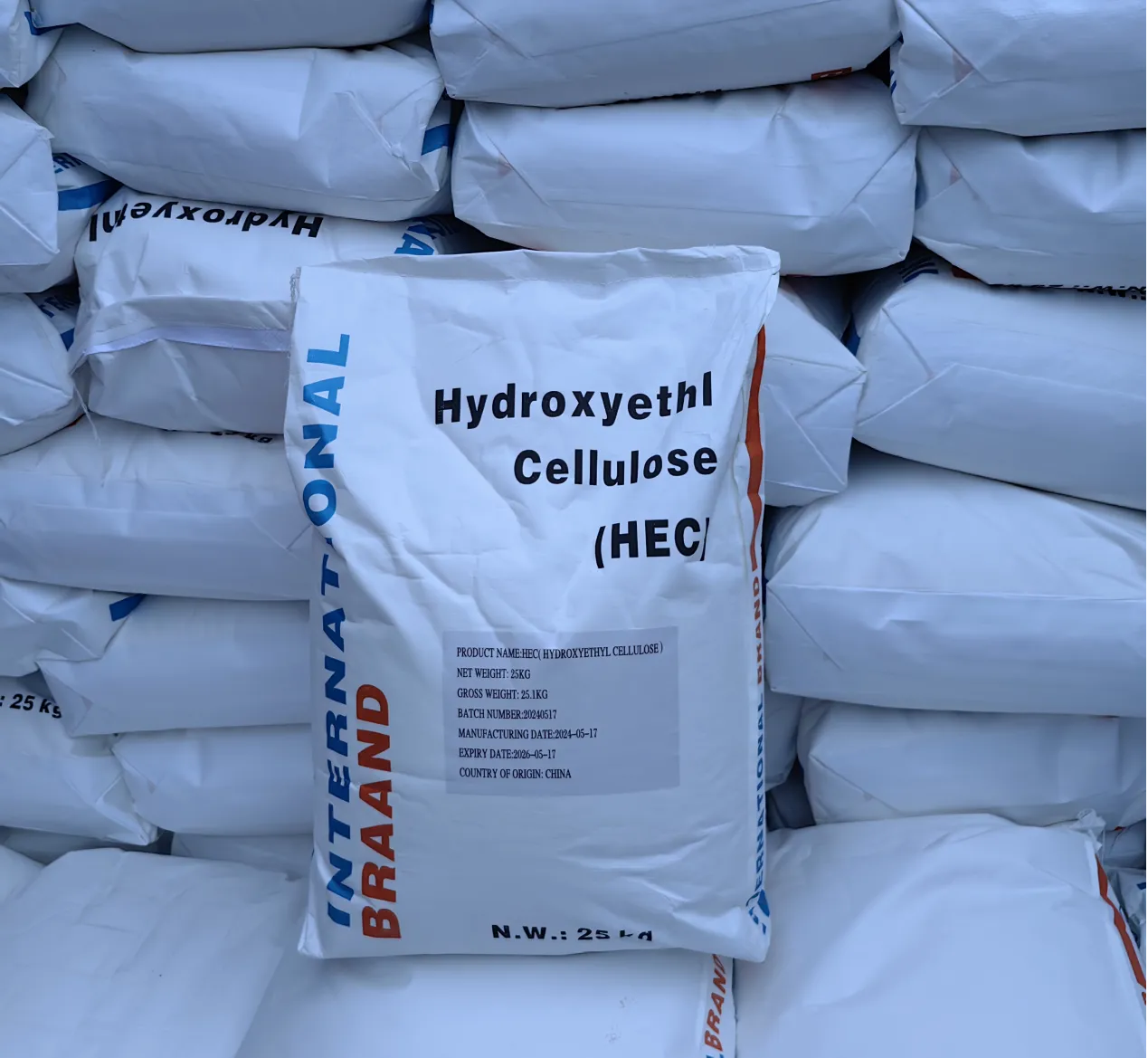
The Versatile Applications of Hydroxyethyl Cellulose
Hydroxyethyl cellulose (HEC) is a widely used cellulose ether with applications in various industries, including cosmetics, pharmaceuticals, and construction. As a non-ionic, water-soluble polymer, HEC offers excellent thickening, emulsifying, and stabilizing properties, making it a preferred ingredient in many formulations. This article explores the uses of hydroxyethyl cellulose in cosmetics, the benefits of hydrophobically modified hydroxyethyl cellulose, and essential information for those looking to acheter de l'hydroxyéthylcellulose.

The Role of Hydroxyethyl Cellulose in Cosmetics
One of the most common applications of hydroxyethylcellulose cosmetics is in skincare and haircare products. Due to its ability to form clear, smooth gels, HEC is widely used in shampoos, lotions, creams, and serums. It enhances the viscosity of formulations without affecting their texture, providing a luxurious feel upon application. Additionally, hydroxyethyl cellulose improves the stability of emulsions, preventing ingredient separation in cosmetic products.
In personal care formulations, hydrophobically modified hydroxyethyl cellulose (HMHEC) is often preferred due to its enhanced resistance to salts and surfactants. This modification improves the efficiency of HEC in thickening formulations, making it ideal for high-performance cosmetics such as long-lasting foundations and water-resistant sunscreens.
For manufacturers and formulators, having access to accurate technical information is essential. The hydroxyethyl cellulose CAS number (9004-62-0) is widely used for regulatory and safety documentation. This unique identifier ensures that businesses purchase the correct chemical variant suitable for their intended applications.

Where to Buy Hydroxyethyl Cellulose and Safety Considerations
For businesses and researchers looking for hydroxyethylcellulose for sale, numerous suppliers offer HEC in different grades and viscosities. Whether purchasing from chemical distributors, specialty suppliers, or online marketplaces, it is crucial to select a reliable source that provides high-quality and purity-tested materials.
Safety data sheets (SDS) play a crucial role in handling and storing chemicals properly. Before purchasing, reviewing the hydroxyethyl cellulose SDS ensures compliance with safety regulations and helps users understand proper handling, storage, and disposal procedures.
When searching to acheter de l'hydroxyéthylcellulose, factors such as grade, molecular weight, and intended application should be considered. Prices can vary depending on the supplier, production methods, and packaging sizes, so it is advisable to compare different options to find the best deal.
In conclusion, hydroxyethyl cellulose is an essential ingredient in many industries, particularly in cosmetics, where it enhances product stability and texture. With advanced modifications like hydrophobically modified hydroxyethyl cellulose, its performance in formulations is further improved. Understanding key details, such as the hydroxyethyl cellulose CAS number and safety guidelines provided in the hydroxyethyl cellulose SDS, is crucial for businesses and formulators. For those seeking hydroxyethylcellulose for sale, choosing a reputable supplier ensures product quality and application success.
-
Wholesale Water Reducing Admixture for Special Cement: PCE-Based Innovations in Concrete TechnologyNewsAug.15,2025
-
Wholesale Powder Water Reducing Admixture CP1000 and the Role of Modern Water-Reducing Admixtures in ConcreteNewsAug.15,2025
-
Understanding Redispersible Polymer Powder: Types, ApplicationsNewsAug.15,2025
-
Exploring Cellulose Derivatives: From Microcrystalline Cellulose for Sale to Advanced Packaging ApplicationsNewsAug.15,2025
-
Comprehensive Guide to Types of Water-Reducing Admixtures in Modern Concrete TechnologyNewsAug.15,2025
-
Comprehensive Guide to Redispersible Polymer Powder: Types, Applications, and Market InsightsNewsAug.15,2025





















